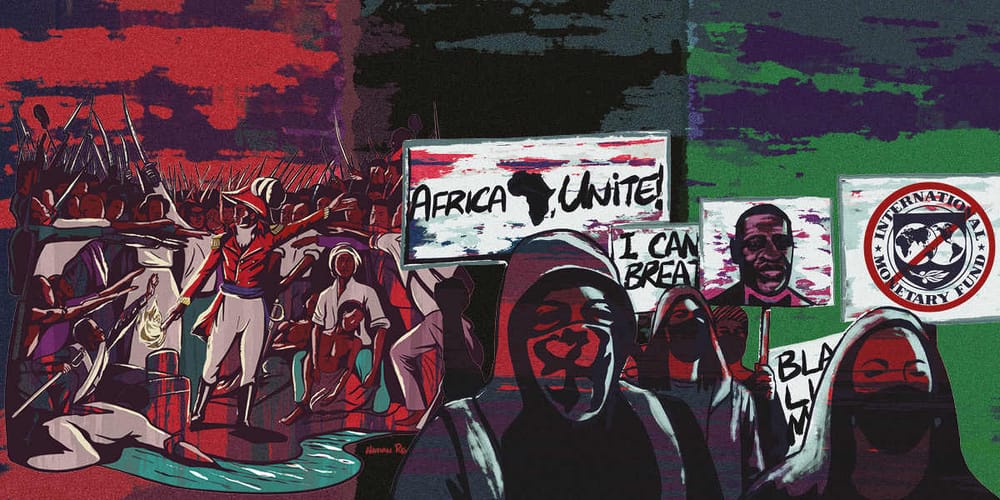Imperialism, as a global system of exploitation and domination, has always sought to crush movements that threaten its hegemony. From the plantations of Haiti to the streets of Ferguson, from the jungles of Bolivia to the refugee camps of Gaza, the forces of imperialism have consistently targeted revolutionary leaders who dare to imagine a world free from oppression.
Yet, in its attempts to silence these voices, imperialism inadvertently immortalizes them. The assassination of revolutionary leaders does not extinguish their ideas; instead, it transforms them into martyrs, symbols of resistance that inspire future generations to continue the struggle.
Imperialism operates through a dual logic of extraction and repression. It extracts wealth, resources, and labor from the Global South while repressing any resistance to this exploitation. Revolutionary leaders like Patrice Lumumba, Thomas Sankara, and Che Guevara posed existential threats to this system. They sought to reclaim their nations’ resources, empower their people, and dismantle the structures of colonial and neocolonial control.
For imperialism, such leaders are not merely political opponents; they are existential threats. Lumumba’s vision of a united and independent Congo challenged Belgium’s economic stranglehold. Sankara’s policies of self-reliance and anti-imperialism in Burkina Faso threatened France’s neo-colonial influence in West Africa. Che Guevara’s call for global revolution directly opposed U.S. hegemony in Latin America. Imperialism responds to such threats with violence because it cannot tolerate the possibility of a world where the oppressed seize control of their destinies.
Yet, the assassination of revolutionary leaders rarely achieves its intended goal. Instead of erasing their influence, it amplifies it. When Lumumba was betrayed by Joseph-Désiré Mobutu and murdered in 1961, his death became a rallying cry for Pan-Africanism and anti-imperialism across the continent. When Sankara was gunned down by soldiers led by close cohort Blaise Compaoréin 1987, his vision of a self-reliant Africa lived on, inspiring movements from Burkina Faso to South Africa. When Malcolm X was assassinated in 1965 by members of the Nation of Islam, his words on racial capitalism and global solidarity resonated even louder.
These leaders become martyrs because their deaths expose the brutality of the systems they fought against. Their assassinations are not isolated acts of violence but manifestations of the systemic violence inherent in imperialism. In dying, they reveal the truth: that imperialism would rather kill than allow the oppressed to be free. This revelation galvanized movements, turning grief into resistance and despair into determination.
Revolutionary leaders are often killed by other colonized individuals seeking to serve the interests of foreign imperial powers, but their ideas are immortal. Thomas Sankara’s declaration that “while revolutionaries as individuals can be murdered, you cannot kill ideas” encapsulates this truth. Bullets and bombs may try to erase the ideas of self-determination, anti-imperialism, and collective liberation, but every strike only deepens their roots in the hearts and minds of those who rise to fight.
Yahya Sinwar, the Hamas leader in Gaza, embodies this reality. Imprisoned for over two decades by Israel, Sinwar emerged not broken but resolute. His leadership in the Palestinian resistance underscores the indomitable spirit of those who refuse to accept oppression. Like Lumumba, Sankara, and Guevara, Sinwar’s life and martyrdom serve as a testament to the enduring fight for justice in the face of imperialist violence.
In recent years, the Sahel region has witnessed a resurgence of anti-imperialist resistance, echoing the vision of Thomas Sankara. Mali, Niger, and Burkina Faso have risen against neo-colonial domination, expelling French military forces and rejecting the exploitative economic policies imposed by Western powers. These nations are reclaiming their sovereignty, prioritizing the needs of their people over the interests of foreign corporations.
This awakening is a direct continuation of Sankara’s legacy. His emphasis on self-reliance, Pan-African solidarity, and the rejection of foreign debt has found new life in the Sahel. The people of these nations are demonstrating that the ideas Sankara championed are not relics of the past but blueprints for the future. Imperialism may have killed Sankara, but it could not kill his vision.
Revolutionary psychiatrist and theorist Frantz Fanon provides a theoretical foundation for understanding the violence of imperialism and the necessity of revolutionary resistance. In “The Wretched of the Earth,” Fanon articulated the psychological and material dimensions of colonialism, emphasizing the need for the oppressed to reclaim their humanity through struggle. His analysis of the “pitfalls of national consciousness” warned against the rise of a comprador bourgeoisie that would betray the revolution for its own gain.
Fanon’s ideas have profoundly influenced revolutionary movements across the globe. From the Black Panthers in the United States to the anti-colonial struggles in Africa and the Caribbean, Fanon’s work has provided a framework for understanding the interconnectedness of racial, economic, and imperial oppression. His assertion that “the colonized man finds his freedom in and through violence” remains controversial but underscores the reality that imperialism will not relinquish its grip without a fight.
In the United States, Fred Hampton represented a similar threat to the imperialist system. As the deputy chairman of the Black Panther Party in Illinois, Hampton sought to build a multiracial coalition of oppressed peoples to challenge capitalism and white supremacy. His Rainbow Coalition united Black, white, Latino, and Indigenous communities around a common vision of justice and equality.
Hampton’s ability to organize across racial lines and his call for revolutionary solidarity made him a target of the FBI’s COINTELPRO program. In 1969, he was assassinated in his sleep by Chicago police in a raid orchestrated with federal assistance. Hampton’s death was a stark reminder that the American imperialist system would stop at nothing to crush liberation movements. Yet, like so many others, Hampton’s ideas could not be killed by imperialism. His vision of solidarity and resistance continues to inspire movements for racial and economic justice today.
Imperialism kills revolutionary leaders because it cannot tolerate their vision of a just world. Yet, in doing so, it ensures their immortality. The martyrs of liberation Lumumba, Sankara, Malcolm X, Che, Sinwar, Hampton, and countless others live on in the movements they inspired, the ideas they championed, and the world they dared to imagine. Their deaths are not victories for imperialism but reminders of its fragility. For every leader, it kills, and a thousand more rise to take their place.
The struggle continues, not despite their deaths, but because of them. Tertullian, a 2nd-century North African Christian theologian, and apologist, once said, "The blood of the martyrs is the seed of the Church," a truth that echoes beyond religion: the sacrifice of the fallen fuels the resolve of the living.

